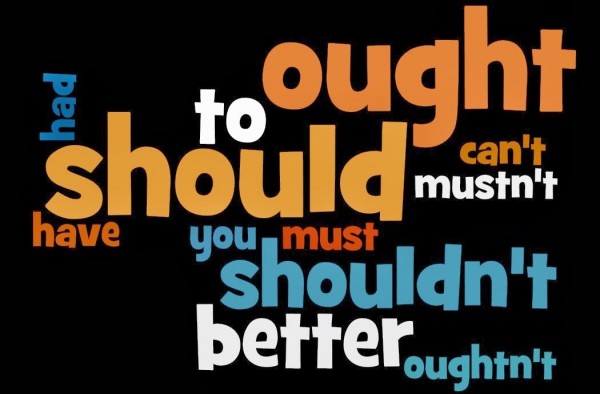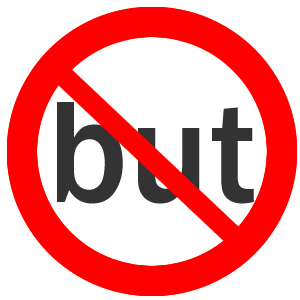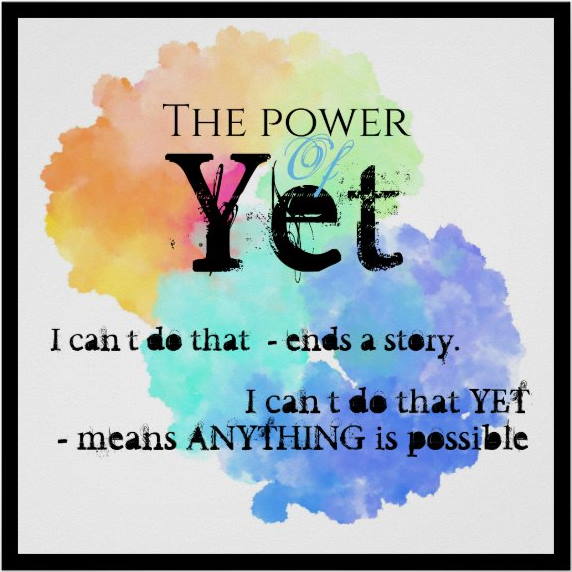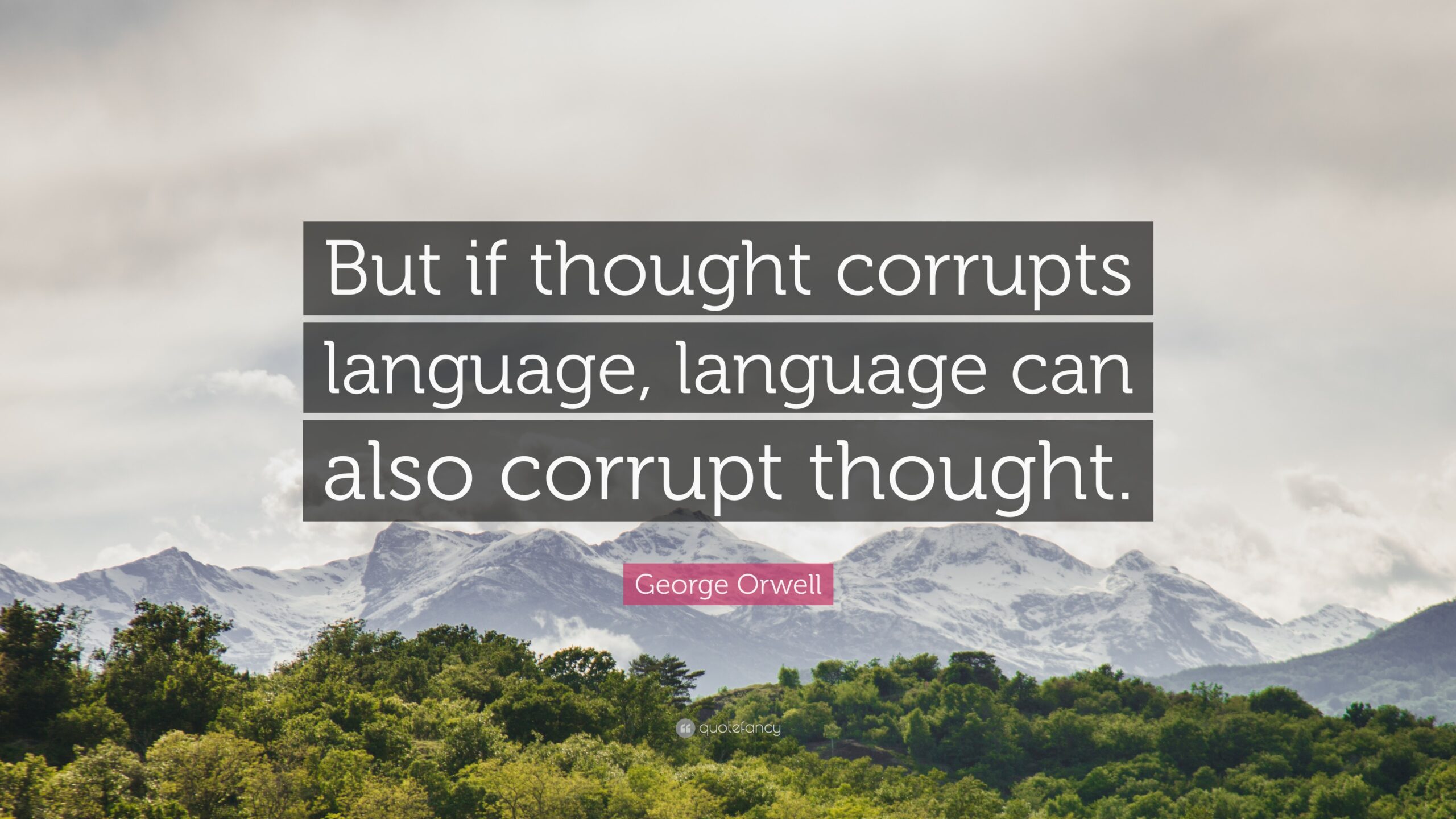We use language every day in all aspects of our life, but rarely do we stop to think if the words we use and how we use them has any power over us. The truth is words matter. They have incredible power over how we feel and how we experience the world. For instance, have you ever said to yourself, “I should go do some exercise,” but find yourself continuing to sit on the couch watching your favourite TV show. After having this thought you are no longer enjoying your show; now you are feeling guilty for not exercising, lazy for sitting on the couch, and stupid for watching such a silly show. That cascade of thoughts could have been stopped in its tracks just by not “shoulding” on yourself.
“The Shoulds” are all the things we say to ourselves, say to others, others say to us, or we say about the world that create difficulties for us. “I should be able to do this!”, “She shouldn’t nag me!”, “They should just know how to do this, it’s not that hard!” All of these thoughts create expectations in our mind that we or others are not meeting, leading to a bunch of feelings about these unmet expectations which are often guilt, shame, anger, hurt, or sadness among others. These feelings then lead to more thoughts, more feelings, and ultimately actions or inactions that don’t help us. But here’s the thing: we started that whole process with “the shoulds” and we can stop it.
The phrase we like to teach people is, “Don’t should on yourself,” or, “Don’t let others should on you”, or “Don’t should on others.” This tongue-in-cheek phrase often makes us chuckle which changes how we feel about the thought we just had, giving us more control over the cascade that follows. So what does working on “the shoulds” look like?
Step 1: Start listening to your inner thoughts and the words you use. Listen for “should”, “shouldn’t”, “supposed to”, or any other synonym of “should” or “shouldn’t”.
Step 2: When you hear a “should”, say to yourself, “Oh, I just ‘shoulded’ on myself.” Then gently and jokingly say, “Don’t should on myself!”
Step 3: Ask yourself if that is a “should” you want. For instance, if you said, “I should be cleaning the kitchen instead of watching TV”, ask yourself, “Do I want to clean the kitchen?” Usually the answer is, “Of course not!” but that is also followed by the thought, “But I hate having a messy kitchen when I wake up in the morning,” and “But I’m too tired to face that right now.” So here’s the magic thing: “shoulds” are rules we are requiring of ourselves, so if we are making the rules, we can choose to break the rules. The key is we actually have the choice. Choice 1: Stop watching TV and go clean the kitchen so that the kitchen is clean in the morning. Choice 2: Finish watching TV and when you are done, clean the kitchen so that the kitchen is clean in the morning. Choice 3: Finish watching TV and don’t clean the kitchen. Choose to deal with the messy kitchen in the morning. It’s your choice to make! Take control of the choices that are yours to make.
Step 4: Act on your choice and allow yourself to be okay with whatever choice you make. Feelings of guilt will often come, but notice them and give yourself the choice to not act on those feelings. Guilty feelings are often a clue that there is an unspoken “should” still playing in our head. If so, repeat these steps over and over. With practice, this process will become easier and more natural.
Take this week to work on noticing your “shoulds” and following these steps to help change how you feel!




